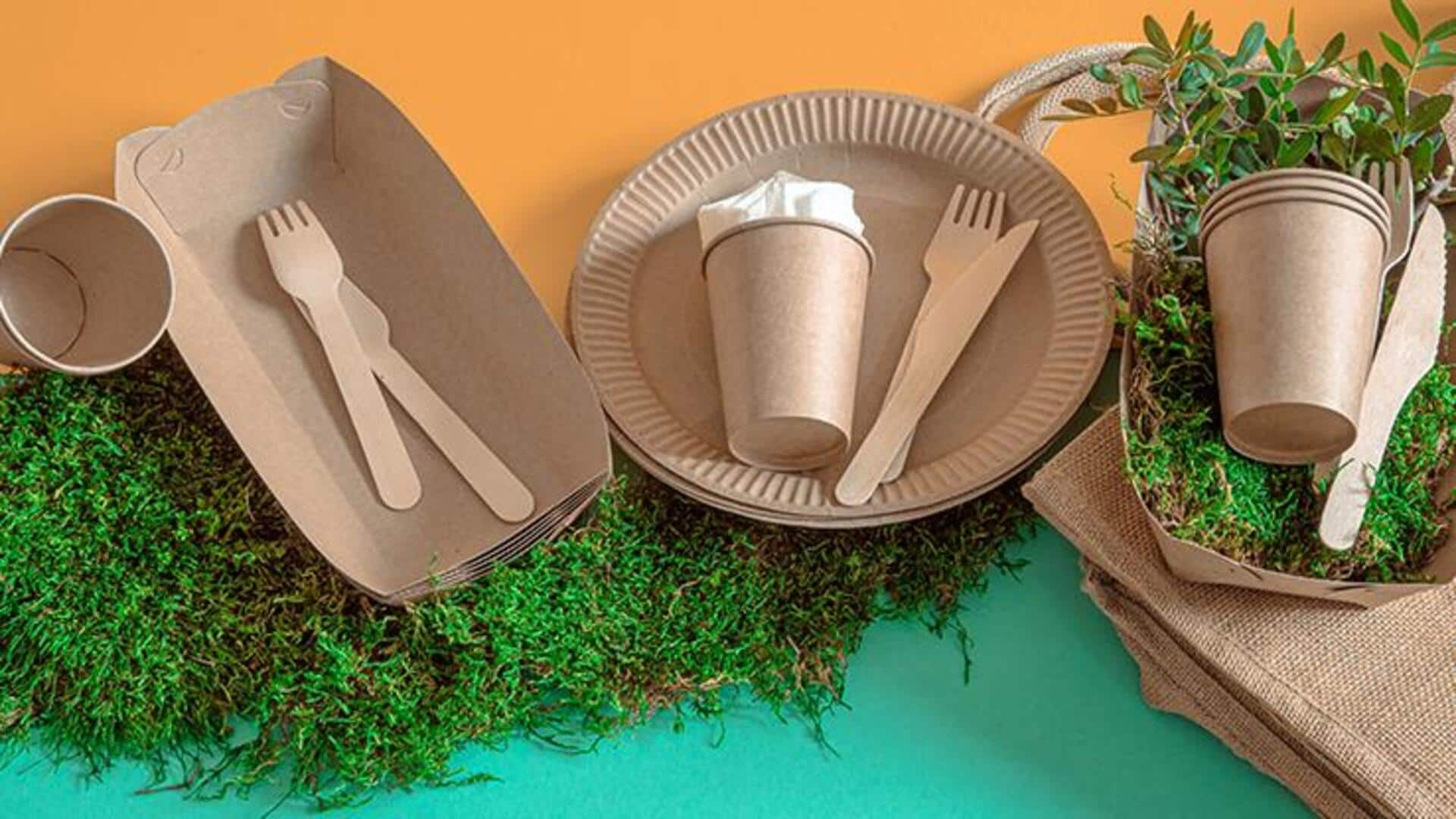
Biodegradable crafting: Eco-friendly souvenirs workshop
What's the story
In a time when sustainability is king, making your own eco-friendly souvenirs is the hottest trend in travel mementos. These workshops emphasize the use of biodegradable materials, ensuring your travel keepsakes are as kind to the earth as they are memorable. With options ranging from paper made from recycled materials to natural dyes, you'll learn how to craft souvenirs that are not only beautiful but also gentle on the environment.
Materials
Choosing sustainable materials
The key to biodegradable crafting lies in choosing sustainable materials. Workshops focus on utilizing recycled paper, organic cotton, and natural fibers such as bamboo and hemp. These materials are not only renewable but also break down significantly quicker compared to synthetic options. Individuals are educated on how to responsibly procure these materials, guaranteeing that their crafting leaves the smallest environmental footprint possible.
Techniques
Mastering eco-friendly techniques
Biodegradable crafting workshops teach attendees how to create eco-friendly souvenirs using techniques like hand papermaking, natural dyeing with plant-based colors, and sewing with organic fabrics. These methods minimize waste and eliminate the use of harmful chemicals often associated with traditional souvenir production. Plus, you get to learn these skills and make sustainable crafts even after the workshop is over.
Personalization
The art of personalization
A key focus of these workshops is teaching people how to customize souvenirs in an eco-friendly way. This could involve stamping with non-toxic ink or embroidering with organic thread. Customization brings a personal element to each item, transforming them into special gifts or keepsakes with added sentiment. It promotes the concept of valuing handmade over mass-produced and fosters a culture of conscious consumption.
Community impact
Impact on local communities
Several biodegradable crafting workshops work closely with local artisans and communities. This collaboration not only preserves traditional crafts but also adapts them for sustainability. And, participants can learn directly from skilled craftsmen, immersing themselves in local culture and artisanship. Plus, these collaborations often benefit local communities economically, as materials are sourced locally and profits are shared.
Sustainability tips
Tips for continued sustainable crafting
To keep up with sustainable crafting at home, attendees are urged to always seek out recycled or upcycled materials before purchasing new ones. And, share what you learn with friends and family members who are also interested in being kinder to the planet. Join online communities centered around sustainable crafting for additional inspiration and support.